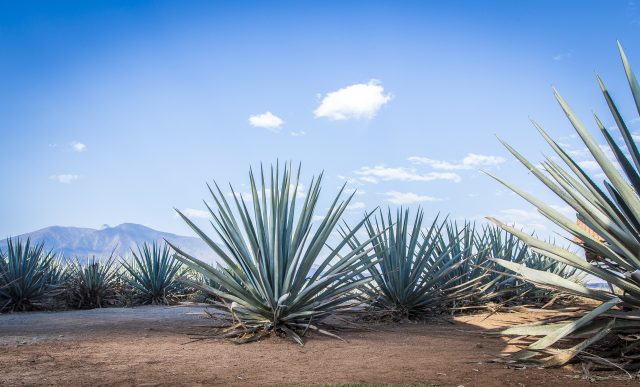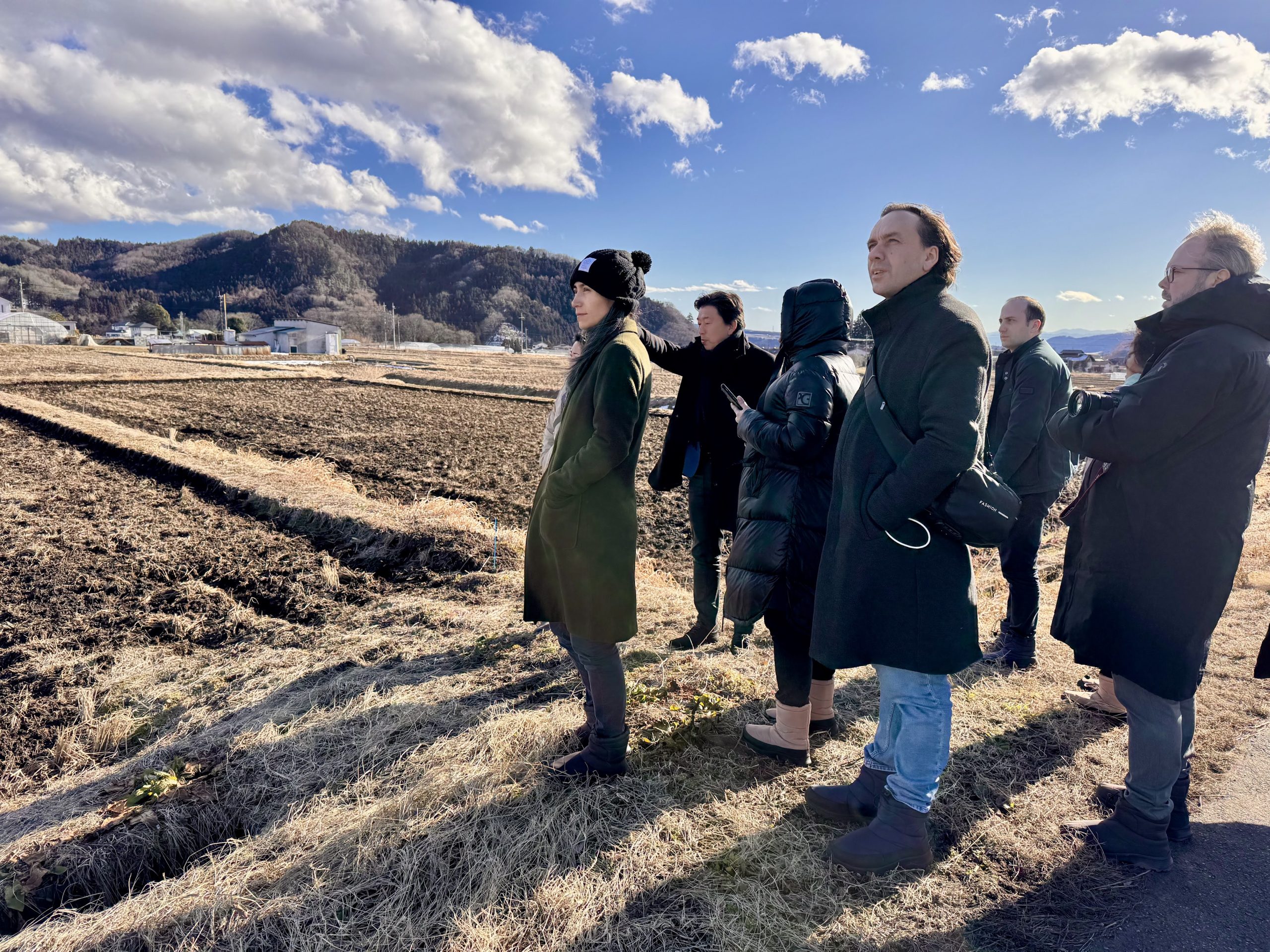Extreme drought threatens mezcal supply, meteorologist warns
By Louis ThomasThere are fears that recent months of extremely dry conditions in Mexico could significantly reduce agave crop production, resulting in a major mezcal shortage.

Mezcal, and Tequila in particular, has boomed in recent years, with celebrity-backed brands, such as George Clooney’s Casamigos (now owned by Diageo), proving particularly popular. From January to October last year, Tequila exports reached US$3.6 billion in value, a 34.1% increase on the same period for 2021, and a testament to the growth of this market.
The plant from which these spirits are made, agave, is known for its hardiness in harsh conditions, with a UC Davis study published last year suggesting that it has potential in California to be cultivated as a drought-tolerant crop. But, south of the border, recent conditions have been too extreme even for agave, and that could have a knock-on effect on your drinks cabinet.
Everstream Analytics chief meteorologist Jon Davis warned of the consequences of Mexico’s recent “extremely dry winter”: “Precipitation totals across much of the country have been less than 25 percent of normal with large sections having totals less than 10 and 5 percent of normal. These are extremely low, and in many cases, record-setting over this long of a period – two and half months. The exception to the dryness has been in the northwest sections of the country – Baja California for example – which are not major producing areas for agave in Mexico.”
“The extreme dryness has been accompanied by well above normal temperatures for this time of year – winter. An example of the extreme heat occurred in late February (27 February) when Puente Mezcal [a major area for agave cultivation] reached a high temperature of 43.6°C…this was the hottest temperature in the Northern Hemisphere during the month of February.”
Partner Content
Agave farmers in Mexico traditionally do not use irrigation, instead relying on rainfall to provide the plants with the small amount of water that they need.
“The combination of extreme dryness and unusual winter warmth has depleted soil moisture reserves and intensified the drought across Mexico. Agave is a succulent crop that can withstand a great deal of stress via drought. However, when conditions are this extreme, even a crop like agave suffers. Looking ahead, there is no indication of any improvement in the situation as the dry pattern continues into the spring. At a time when large agave crops are needed to meet demand, the extreme weather in Mexico is increasing the problems and the potential for scarcity of the product,” concluded Davis.
db reached out to one of the highest profile Tequila brands, Kendal Jenner’s 818 Spirits, to ask how it is responding to this climatic crisis, and was told by president and chief operating officer Mike Novy: “In the long-term we are committed to seeking out better ways to manage agave crops. In Zapotitlán de Vadillo, Mexico we are currently building a community library – constructed of environmentally friendly bricks made of adobe clay and agave fibres and waste from tequila production. The library is surrounded by a 3.32 learning laboratory and will teach sustainable and regenerative agriculture. We hope that research in this facility will provide new insights into mitigating monoculture and drought risk for all to use.”
Climate change is making these periods of extreme dryness more frequent. Last year’s drought in Mexico also posed problems for the country’s beer production.
Related news
Diageo trades Cîroc stake for global Tequila push
Pimentae becomes available at Picturehouse cinemas
Jose Cuervo owner faces $80 million hit from Trump’s tariffs




